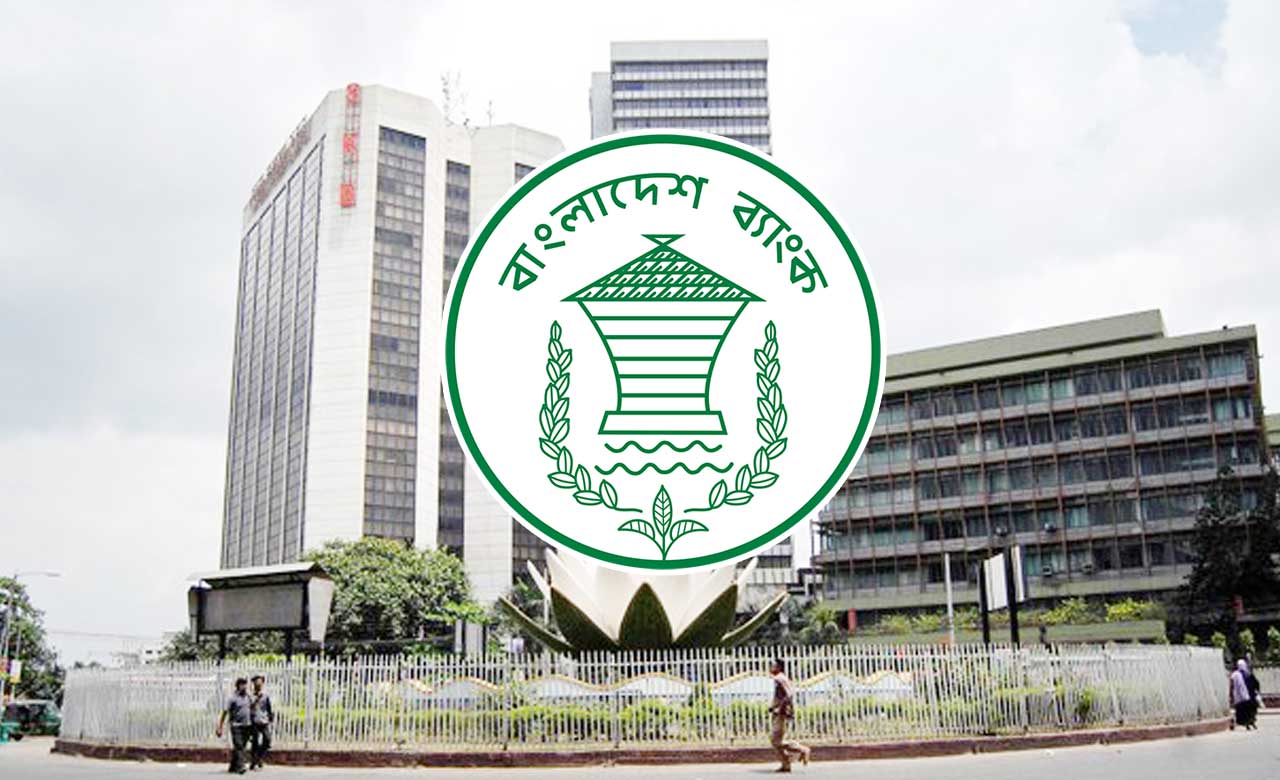News Flash

DHAKA, July 31, 2025 (BSS) - Bangladesh Bank (BB) has maintained its tight monetary policy stance for the first half of the current fiscal year 2025-26 (H1FY26) to contain inflation and anchor inflation expectations.
"BB will continue its tight monetary policy stance in the first half of FY26 to contain inflation and anchor inflation expectations. If the inflation rate continues to decelerate further, as we expect, the policy repo rate may be adjusted downward, if inflation rate comes below 7% until then the policy repo rate will remain unchanged at 10.0 percent, the Standing Lending Facility (SLF) rate will remain at 11.5 percent, and the Standing Deposit Facility (SDF) rate will be 8.0 percent," said BB Governor Dr Ahsan H Mansur.
He said this while announcing the monetary policy for the first half of the fiscal FY26 at a press conference at the central bank headquarters in the city today.
In his speech, the Ahsan H Mansur said the primary aims of this MPS are to decelerate the rate of inflation further while maintaining exchange rate stability and strengthening financial stability.
"Global economic growth is expected to weaken due to increased trade tensions and heightened policy uncertainty. The recent rise in tariffs by the U.S. administration and the associated uncertainties pose risks to exports, disruptions to global supply chains, and intensify financial market turbulence," he added.
Moreover, he said, global inflation is expected to ease due to weakening demand, currency volatility, and declining hydrocarbon prices.
Therefore, central banks around the world may be more inclined to reduce interest rates or keep them steady at current low levels, given the dual context of weaker growth and lower inflation, he added.
Meanwhile, he said, world commodity prices are expected to decline in 2025 and 2026.
The BB governor said that the central will continuously monitor inflation trends and the liquidity situation in the domestic market.
"Once current developments and projections consistently show a decline in inflation and the policy rate in real terms reaches 3.0 percent, BB will gradually begin to lower the policy rate. Moreover, if exports weaken due to tariff shocks and the weaker global growth outlook, accompanied by depreciation pressures, BB will adjust the policy rate as needed to cushion the short-term impact while safely guiding its inflation objectives," he added..
Mansur, however, said that the economy was confronted with significant macroeconomic challenges when the current interim government assumed office in August 2024.
"The major challenges included persistently high inflation, a depreciating exchange rate, depleting foreign exchange reserves, a buildup of external payment arrears, tight liquidity conditions, a lack of good governance, and elevated non-performing loans (NPLs)," he added.
In response, he said, BB has outlined clear and forward-looking strategies emphasizing its strong commitment to containing inflation, stabilizing the exchange rate, rebuilding foreign exchange reserves, and restoring confidence in the banking sector through improved governance.
To fulfill its commitment, he mentioned, BB has maintained a tight monetary policy stance and adopted a fully flexible market-based exchange rate regime.
BB also initiated a wide range of reform programs targeting the banking sector, he said.
Ahsan H Mansur said headline inflation (p-t-p) has gradually eased in response to the coordinated demand and supply-side measures adopted by the respective authorities.
"Exchange rate stability has been achieved due to a substantial improvement in the BoP, which contained the pass-through effect of imported inflation," he added.
He opined that BB's initiatives towards implementing a fully flexible exchange rate regime have also contributed to rebuilding foreign exchange reserves.
Furthermore, he said, accountability and good governance in the banking sector are gradually being restored, depositor confidence has improved, and the liquidity situation has slowly eased.
These positive developments resulted from a wide range of administrative measures and reform programs initiated in the banking sector, he added.
Mansur, however, said that BB has aligned its policies with the government's budgetary targets of achieving 5.5 percent GDP growth and containing inflation within the 6.5 percent ceiling for FY26.
Regarding exchange rate, he said, BB moved towards a more flexible exchange rate regime in May 2025, aiming to enhance stability in the foreign exchange market.
"This flexible exchange rate regime remains crucial for achieving smoother adjustments to external imbalances, easing foreign exchange market pressures, and preserving foreign reserves," he said.
He also mentioned BB recognizes that allowing greater exchange rate flexibility is an important policy initiative to compensate for the impact of reduced demand of exports amid escalating trade tariffs.
"To closely monitor the foreign exchange market, BB publishes a reference exchange rate twice a day, which serves as a benchmark for price discovery in the market," he added.
In this regard, he said, consistent with the flexible exchange regime and to rebuild foreign exchange reserves, BB will intervene in the foreign exchange market to curb volatility in the exchange rate and ensure greater stability in the foreign exchange market.
BB's commitment to maintaining a flexible exchange rate regime aims to ensure stability in the exchange rate and build up foreign reserves, thereby helping to mitigate external shocks, he added.
To address the rising non-performing loans (NPLs), Mansur said, BB has launched significant reform initiatives to avoid a crisis and ensure long-term economic stability.
"The effective implementation of ongoing initiatives, coupled with forthcoming measures and the development of robust resolutions for distressed banks based on AQR findings, will position BB to restore good governance practices and bolster stakeholder confidence in the banking system. Additionally, BB will roll out the risk-based supervision (RBS) of banks starting from January 2026, aiming to usher in qualitative changes in how banks are monitored and regulated," he added.